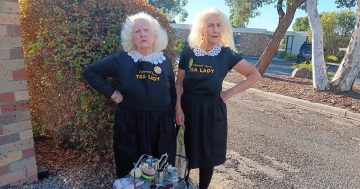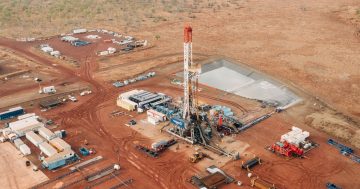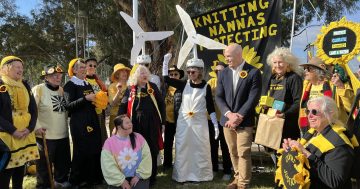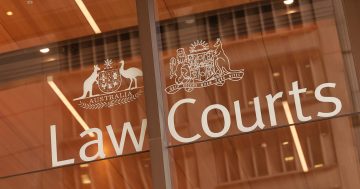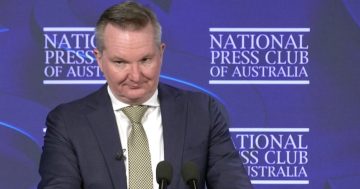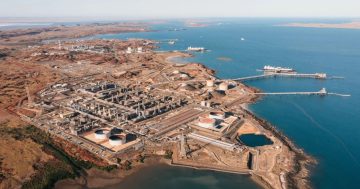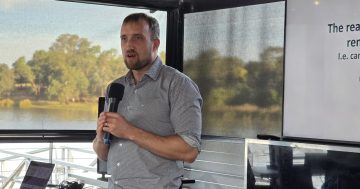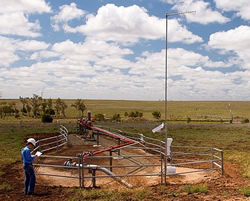 The Queensland Auditor-General has examined the performance of public sector regulation of Queensland’s coal seam gas activities, making nine recommendations aimed at improving data use and application processes.
The Queensland Auditor-General has examined the performance of public sector regulation of Queensland’s coal seam gas activities, making nine recommendations aimed at improving data use and application processes.
In the report Managing Coal Seam Gas Activities, Auditor-General, Brendan Worrall also called for greater collective oversight and reporting on compliance and enforcement outcomes, and said the GasFields Commission Queensland was not fulfilling its legislative functions.
Mr Worrall said the audit assessed how well public sector entities regulated and managed Queensland’s coal seam gas activities and environmental obligations to ensure a safe, efficient and viable industry.
“We found that the industry has matured and is now more viable,” Mr Worrall said.
“However, some landholders and other stakeholders are still concerned about the framework’s effectiveness in managing issues such as priority agricultural areas, offsite impacts, and long‑term environmental effects,” he said.
“We made nine recommendations to audited entities – the Department of Natural Resources, Mines and Energy, Department of Environment and Science, and GasFields Commission Queensland, on how they can improve their use of data, information exchange, coordination and application processes.”
He said the Department of State Development, Manufacturing, Infrastructure and Planning, and the Department of Agriculture and Fisheries were also consulted.
“The regulators’ current systems limit their ability to provide an overall, collective view of how effective their regulatory activities are,” Mr Worrall said.
“The systems also limit their ability to share information and coordinate activities,” he said.
“They could better coordinate their compliance planning, and information and data sharing.”
He said for the Government’s coexistence policy to be successful, the regulators and the GasFields Commission must continue to adapt as unresolved concerns persisted, new issues emerged, and science continued to evolve.
“Some stakeholders still perceive the commission as an advocate for the industry,” Mr Worrall said.
“We recommend evaluating the current engagement approach to determine its effectiveness in meeting the needs of all stakeholders,” he said.
“The ongoing evolution of the industry will require Government to continually evaluate and refine its regulatory framework.”


